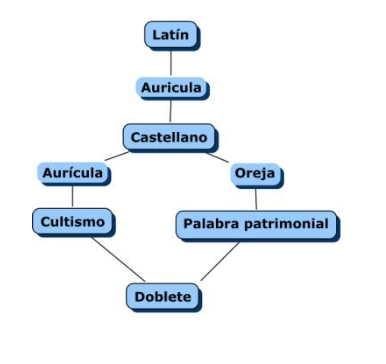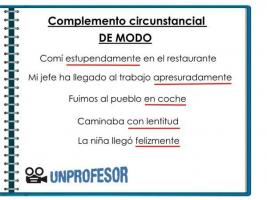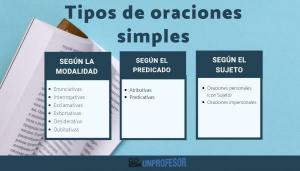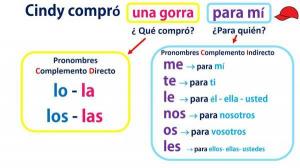Difference between heritage words, cultisms and semi-culturalisms
In this video I will explain the difference between patrimonial words, cultisms and semi-culturalisms. Below I show you the definitions of these words.
Heritage words: sare those that derive directly from Latin, that exist in the language since its origins and that have undergone all the phonetic changes to throughout history to fix its current form very different from its Latin origin towards the 16th / 17th century when the phonological system is established Spanish.

Cultisms: are the words from the educated Latin (generally written) incorporated into the Spanish lexicon in different epochs, through the sciences, arts and literature, in order to designate new concepts. Terms that, because they do not exist in the Romance languages, were introduced or created directly from Latin or Greek, so hardly underwent changes or evolutions because they were introduced once the language had already passed the phonetic changes, it was already consolidated.
Here is an example of how words of Latin origin have a cultism and a different word for heritage.

Semicultisms: They are words derived from Latin that have not completely carried out their normal phonetic evolution stopped by the pressure of the fields cults, especially the Church possessing the knowledge and the purest Latin while the population used the voices patrimonial.
And finally a table with very interesting examples of semi-culturalisms or semi-cultured and also cultured words:

If you watch the video you will better understand the difference between these words since I explain it in greater depth and with examples that illustrate it.
If you want to check that you have understood the difference between heritage words, cultisms and semi-culturalisms, you can do the printable exercises with their solutions that I have left you on the web.
If you want to read more articles similar to Difference between heritage words, cultisms and semi-culturalisms, we recommend that you enter our category of Grammar and Linguistics.



